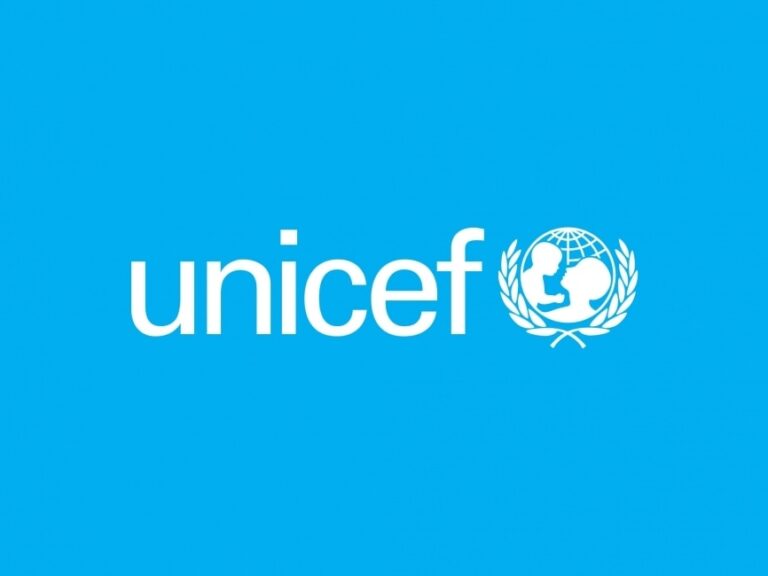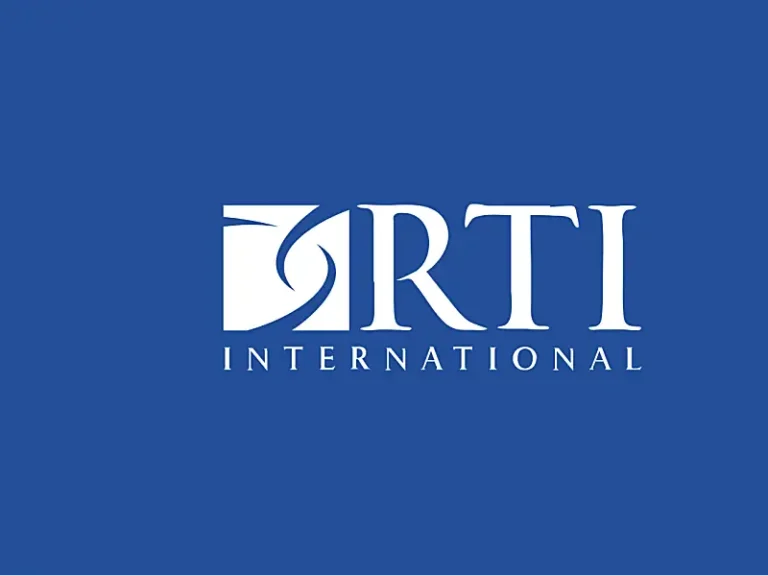BACKGROUND
UNICEF IS COMMITTED TO THE TIMELY, COST-EFFECTIVE, AND EFFICIENT PROCUREMENT OF HIGH-QUALITY PROGRAMME SUPPLIES THAT UPHOLD THE RIGHTS AND WELL-BEING OF EVERY CHILD. IN LINE WITH THIS COMMITMENT, UNICEF ETHIOPIA IS SEEKING TO IDENTIFY INTERESTED COMPANIES — INCLUDING MANUFACTURERS, AUTHORIZED DISTRIBUTORS, AND TRADERS — THAT ARE CAPABLE OF SUPPLYING A BROAD RANGE OF ESSENTIAL NON-FOOD ITEMS (NFIS) AND PROGRAMMATIC SUPPLIES.
THIS EXPRESSION OF INTEREST (EOI) INTENDED TO GATHER DETAILED INFORMATION FROM INTERESTED COMPANIES REGARDING THEIR QUALIFICATIONS AND COMPLIANCE WITH UNICEF’S PROCUREMENT STANDARDS.
PARTICIPATION IN THIS EXPRESSION OF INTEREST (EOI) QUESTIONNAIRE IS OPEN TO ALL COMPANIES — INCLUDING MANUFACTURERS, AUTHORIZED DISTRIBUTORS, AND TRADERS — THAT ARE DULY REGISTERED, HOLD A VALID BUSINESS LICENSE, AND ARE CAPABLE OF SUPPLYING A BROAD RANGE OF ESSENTIAL NON-FOOD ITEMS (NFIS) AND PROGRAMMATIC SUPPLIES.
TO BE ELIGIBLE, CANDIDATES MUST DEMONSTRATE THE FOLLOWING:
• A VALID BUSINESS LICENSE
• FURNISH AUDITED BALANCE SHEETS REPORTS FOR THE YEARS 2023 AND 2024.
THE PROCEDURE AND DEADLINE TO SUBMIT THE EOI:
INTERESTED COMPANIES THAT MEET THE ELIGIBILITY REQUIREMENTS ARE ENCOURAGED TO DOWNLOAD AND REVIEW THE EXPRESSION OF INTEREST TITLED “QUESTIONNAIRE FOR THE AUTOMATED OF EXPRESSION OF INTEREST (EOI),” AVAILABLE AT THE FOLLOWING LINK: https://web.inform.unicef.org/x/aYrngozq.
THE LINK IS ADVERTED ON https://tender.2merkato.com/tenders/68c7fc470a538a7f61000001
ALL THE REQUIREMENTS ARE OUTLINED IN THE “QUESTIONNAIRES FOR AUTOMATED OF EXPRESSION OF INTEREST (EOI)”, COMPANIES ARE REQUIRED TO READ CAREFULLY THE REQUIREMENTS, SCOPE OF WORK, AND UPLOAD THE REQUESTED DOCUMENTS.
IN CASE OF ANY QUERIES PLEASE CONTACT UNICEF SUPPLY SECTION BY SEND AN EMAIL TO ETH-SUPPLYQAGOODS@UNICEF.ORG.
DUE DATE FOR SUBMISSION OF RESPONSE IS 11:59 PM (MID NIGHT), 5th OCTOBER 2025.
SPECIAL NOTES
- THE EOI DOES NOT CONSTITUTE SOLICITATION. A BID OR PROPOSAL IS NOT REQUIRED AT THIS STAGE; WE ONLY SEEK YOUR EXPRESSION OF INTEREST TO PARTICIPATE IN A POTENTIAL FUTURE TENDER.
- A RESPONSE TO THIS REQUEST FOR EXPRESSION OF INTEREST DOES NOT AUTOMATICALLY ENSURE THAT YOU WILL BE SELECTED TO PARTICIPATE IN THE TENDER.
- UNICEF RESERVES THE RIGHT TO CHANGE OR CANCEL THE REQUIREMENT AT ANY TIME DURING THE EOI OR TENDER PROCESS. UNICEF ALSO RESERVES THE RIGHT TO REQUIRE COMPLIANCE WITH ADDITIONAL CONDITIONS AS AND WHEN ISSUING THE FINAL TENDER DOCUMENT.
- UNICEF RESERVES THE RIGHT TO REJECT ANY/ALL EOIS WITHOUT ASSIGNING ANY REASONS WHATSOEVER.
ABOUT THE COMPANY
UNICEF ETHIOPIA
ADDRESS
UNICEF ETHIOPIA, UNECA COMPOUND, ZAMBEZI BUILDING, 2ND FLOOR SUPPLY SECTION, ADDIS ABABA, ETHIOPIA.
WEBSITE
HTTP://WWW.UNICEF.ORG/ETHIOPIA/
EMAIL FOR QUERIES PLEASE CONTACT
ETH-SUPPLYQAGOODS@UNICEF.ORG





